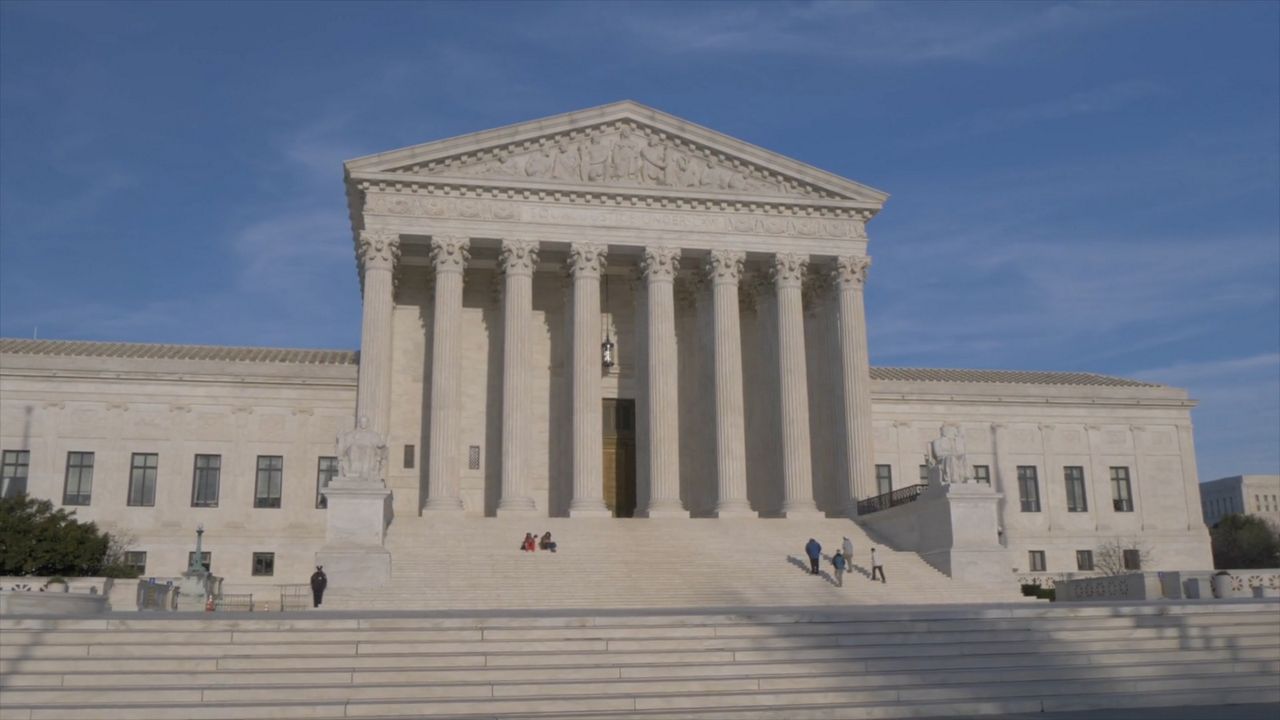LOUISVILLE, Ky. — News broke yesterday that Justice Ruth Bader Ginsburg passed away at the age of 87, beginning a discussion on whether or not to fill her seat before or after the presidential election.
We caught up with University of Louisville constitutional law professor Sam Marcosson to receive more insight into the Supreme Court justice replacement process. When there is a Supreme Court vacancy, the president nominates a replacement. Then, the Senate decides whether to confirm or refuse that nominee.
Sen. Mitch McConnell, R-Kentucky, said Trump's nominee will get a vote on the Senate floor. In 2016, McConnell refused to give former President Barack Obama's nominee Merrick Garland a vote on the floor during an election year.
Marcossan said Ginsburg's passing comes close to election day, meaning it would require quick action to confirm a replacement before the election; however, it's possible.
"For recent nominees, the average has been 50 days from nomination to confirmation. Right now, we have 46 days until the election, so it could happen. We could have that happen, but it would be on the fast side," Marcossan said.
To receive a confirmation, it will take a simple majority in the Senate.
“The Republicans have 53 votes. There are 53 Republican members of the Senate. In order for him to have a majority for any nominee President Trump puts forward, he can only afford three defections. That would leave the Senate tied 50-50, and Vice President Pence would break the tie. If he loses four, then that is only 49 and, if we assume no Democrats are willing to confirm under these circumstances, we are at a stalemate," Marcossan said.
While many are paying attention to whether or not this confirmation will come before election day, there is another scenario to be on the lookout for. After the election in November, the Senate will have a lame-duck session, which means the current estate holders will serve through December. Marcossan said there has never been a case in American history in which a nominee was confirmed during a lame-duck session unless the president won reelection.



